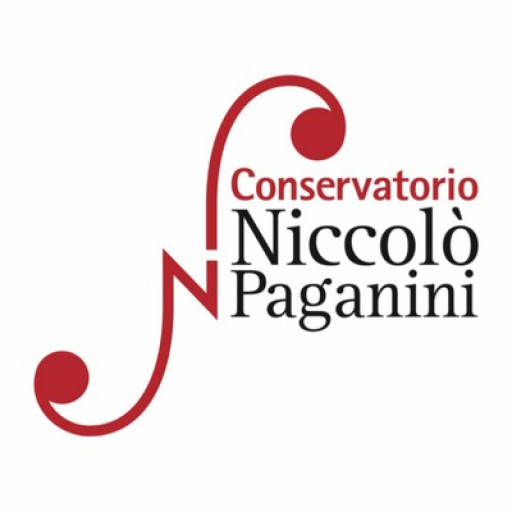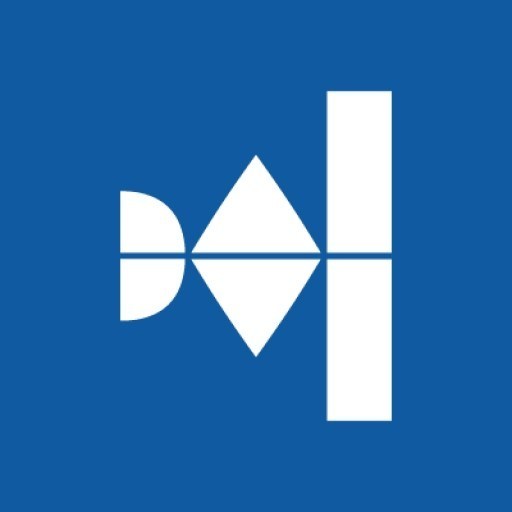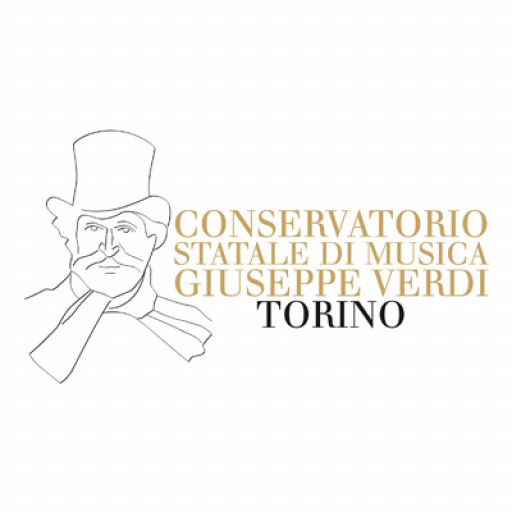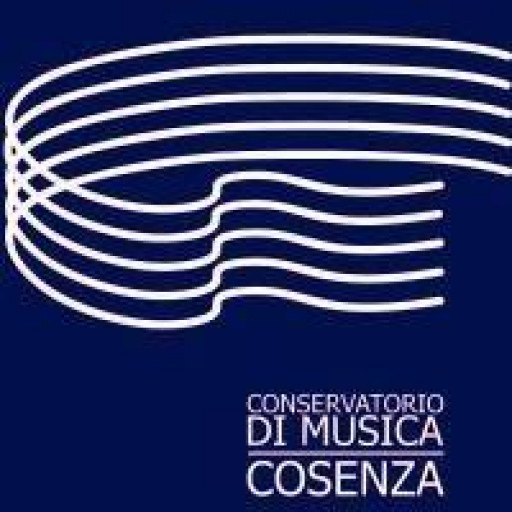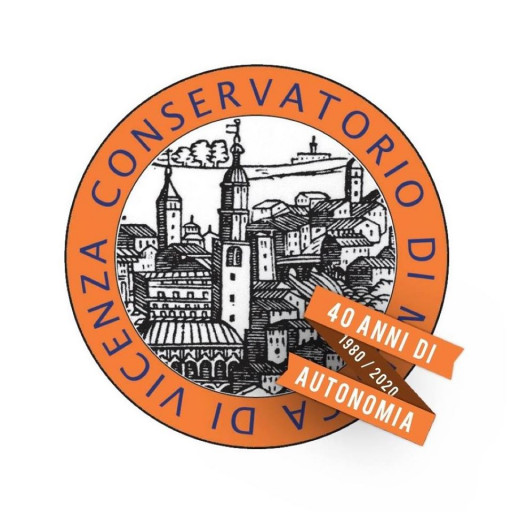Photos of university / #tcdglobal
Advertisement
In recognition of a shared interest in Information Technology and a growing awareness of its relevance for music, Electronic and Electrical Engineering and Music initiated Postgraduate Diploma and Masters programmes in Music and Media Technologies in Trinity in 1996.
A particular feature of these programmes is a balanced approach to musical and technological topics. Musically, a strong emphasis is placed on the development of adaptable compositional skills, while technological topics are addressed from both a hands-on workstation/studio exposure and a fundamental mathematical and scientific basis, which focuses on musically relevant issues.
The first year is a self-contained Postgraduate Diploma course which provides the necessary musical and technological skills to allow creative individuals to engage in computer-assisted composition and production, apply software tools for the music and New Media industries and/or enter the arena of `music-on-screen´ production for New Media products.
Continuing to a second year of study toward a M.Phil. degree is an option, which is open to those achieving a sufficient standard in their Postgraduate Diploma exams. The second year combines first semester taught courses with project work in the second semester, and generally has a greater research orientation. The second semester project can be of a musical or technological nature.
Both programmes cover a wide range of subjects within the general field of music technology, and provide students with a fully professional qualification. The work is intensive and these programmes cannot be undertaken part-time.
Upon graduation, MMT students have found employment in a wide range of domains. This is entirely understandable given the scope of the programme and the diversity of the students backgrounds. The diagram below attempts to give some appreciation of the various activities where graduates have found themselves.
The Internet based industries have been a significant market sector for graduates, though this has slowed in the more recent past. However, it is expected that there will be a more realistic growth of these same industries in forthcoming years and that employment opportunities in this sector will again start to increase.
Teaching and lecturing have been growth employment areas for MMT graduates over the last number of years given that there has been a significant emphasis placed on the establishment of music technology and New Media related courses at second and third levels.
Software development and IT have also provided opportunities for graduates, with audio engineering and Radio/TV production also being relevant employment sectors. As the diagram shows, quite a number of graduates are registered as Professional Musicians/Composers. In many cases these individuals are working independently and are now contributing to more technologically-based productions on a project basis. Thus, many of these are actively, professionally engaged in what has been referred to as New Media sectors.
Significantly, an analysis of graduates´ employment shows that many who have entered the MMT programme from non-technical (e.g. Arts) backgrounds have now found employment in technology related.
The breadth of coverage and structure are characteristic features of the Music and Media Technologies programme. They offer the student great scope to orient themselves within the broad area of Music and Audio Engineering, and their relationship to New Media, and to specialize in those aspects which they find most interesting.
All students emerge with a strong grounding in the scientific and technological principles pertaining to audio, video and computation, and with well-developed music sensibilities and skills. Broadly speaking, the thrust of the programme could be described in terms of three fundamental `strands´ which students can accommodate themselves to.
From a common set of core subjects relating to music, media and technology, students can move into one of the following three primary directions:
1. Music
A focus on technologically-aware music composition exploiting computer techniques and audio processing.
2. New Media
A focus on IT related work with music, sound and image for performance, installation, web production, film and DVD production.
3. Audio Engineering and Production
A focus on studio production techniques, and/or on DSP and software development for sound/music and image processing.
This categorisation is not absolute but is simply presented as a shorthand for the MMT programme scope. Students can choose subjects from between these categories in order to meet a particular interest. Use the following links to find details of subjects covered in each semester.
* Diploma - Semester 1
All modules and associated topics are compulsory.
A. MUSIC AND AUDIO FUNDAMENTALS AND TRAINING (10 ECTS)
* Sonic Design, Synthesis and CSound 1
* Music Theory and Aural Training 1 *
* Introduction to Programming for Sound
B. APPLICATIONS OF TECHNOLOGIES IN MUSIC, AUDIO AND IMAGE PRODUCTION(10 ECTS) In this module, students study the following subjects:
* Music and Image Technologies
* Introduction to MIDI
* Introduction to Sound Engineering and Production 1
C. THEORETICAL FOUNDATIONS OF MUSIC, AUDIO AND MEDIA TECHNOLOGIES(10 ECTS) In this module, students study the following subjects:
* Introduction to Psychoacoustics 1
* Media Theory
* Media Technologies
* Survey of Electroacoustic Music 1
*Students demonstrating proficiency may be exempt.
* Diploma - Semester 2
Students take 3 modules of 10 credits each, consisting of combinations of 1 compulsory subject and 8 optional subjects, as follows:
D. COMPUTER-AIDED COMPOSITION IN MUSIC AND IMAGE (10 ECTS)
E. MUSIC AND AUDIO PRODUCTION TECHNOLOGIES (10 ECTS)
F. NEW MEDIA PRODUCTION TECHNOLOGIES(10 ECTS)
Psychoacoustics 2 is a compulsory subject and students choose the remaining 8 subjects from a list of 10 optional subjects. All optional courses must have a minimum of 5 students to continue. Courses will be discontinued if this requirement is not met.
* Psychoacoustics 2 - this subject is compulsory for all.
* Sonic Design, Synthesis and CSound 2
* Composition using MIDI
* Sound Engineering and Production 2
* Music Theory and Aural Training 2 *
* Introduction to Max/MSP/Jitter
* Composition
* Instrumentation
* Survey of Electroacoustic Music 2
* Introduction to DSP and Sensors
* Music and Image Production
*This subject is compulsory for students taking Composition and/or Composition using MIDI. It is also a pre-requisite for those wishing to take Composition for Mixed Media in the Masters Year. However, students who demonstrate proficiency in this subject may be exempt.
* Masters - Semester 1
Students select 5 modules from the following list of options. Each module is worth 5 credits. Students must also complete a preliminary research phase for the Semester 2 research project = 5 credits.
Courses must have a minimum of 5 students to continue. Courses will be discontinued if this requirement is not met.
* Composition for Mixed Media - 5 Credits
* Electroacoustic Composition - 5 Credits
* DSP and Sensor Technologies for Installation and Performance - 5 Credits
* Advanced MAX/MSP - 5 Credits
* Music Cognition & Design - 5 Credits
* Music Theory and Aural Training 3 ** - 5 Credits
* Music and Image - 5 Credits
* Advanced Audio Production - 5 Credits
* Multichannel Audio Technologies - 5 Credits
** This subject is strongly recommended for those wishing to take Composition for Mixed Media.
* Masters - Semester 2
Students are required to complete a self-directed Master´s level project.
Want to improve your English level for admission?
Prepare for the program requirements with English Online by the British Council.
- ✔️ Flexible study schedule
- ✔️ Experienced teachers
- ✔️ Certificate upon completion
📘 Recommended for students with an IELTS level of 6.0 or below.



